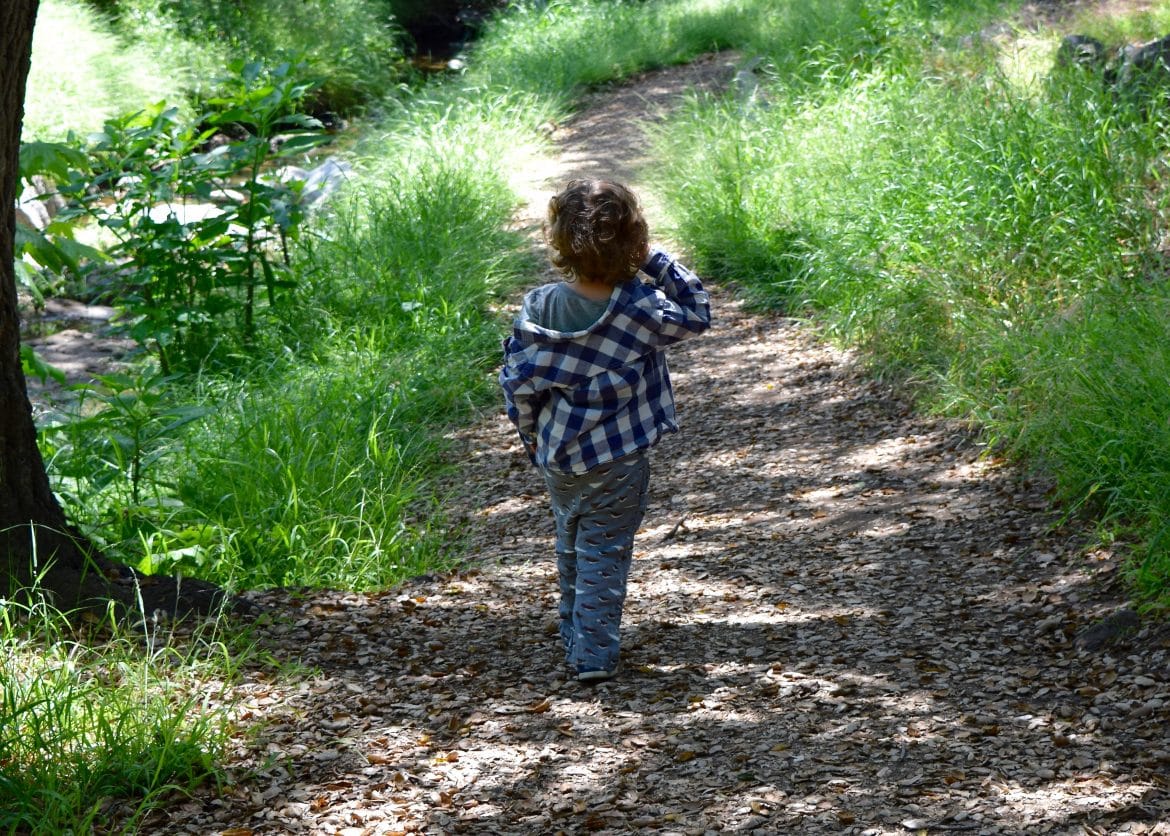When we parents hear the dreaded, “I’m bored”, we can be tempted to jump in and solve the problem. We offer solutions, toys, electronics, and whatever attention we can to avoid boredom.
When they are bored, children aren’t actively involved in learning or playing or physical activity, which can seem like a bad thing. But instead of seeing it as a nuisance or as wasted time, see it instead as a golden opportunity for the child.
Boredom…
- Gives them a moment to just be. Sometimes our brains and bodies just need some time to be in the moment. It provides an opportunity for rest as well as for the brain to catch up. All the little things that a child is learning throughout the day add up, so giving their developing minds a moment to catch up is helpful in making sure that those valuable lessons sink in.
- Develops problem solving skills. When children are bored, they must think of something to do in order to solve that problem. This is a difficult skill that takes practice and patience, especially for young children. And being bored is the perfect opportunity to practice solving a problem.
- Expands the imagination. If children don’t want to be bored anymore, they must use their imagination to come up with an alternative. The games and play that can come out of boredom are often extremely imaginative because the child must be creative to come up with something interesting enough to solve their boredom.
- Teaches self-reliance and independence. Children sometimes expect adults to solve problems that they are capable of solving themselves. Getting them out of this cycle of helplessness provides opportunities to develop their sense of independence. It also shows them that they are capable of taking care of themselves, in a developmentally appropriate and safe way.
All of that may sound great and all but what do we do when the child is whining, flopping around on the floor, and complaining?
- Let them be. There will be those rare and golden moments of boredom where the child may not bother you about it at all. We may notice that they are just laying around, staring into space. And sometimes, we as parents see this as alarming and want to avoid any future problems that result from the boredom. But if they aren’t asking for help, they may not even be bored, they may just be relaxing and thinking. And if they are bored, enjoy the fact that they are taking care of it themselves.
- Remain calm. Boredom can cause a lot of triggering behaviors, such as whining and crying. But all of this is totally normal and not necessarily a bad thing. The first step is to get past the urge to stop the whining at all costs and keep calm, collected, and emotionally neutral. A reaction from us will only cause their frustration to be worse.
- Let them be frustrated. It’s okay for kids to be frustrated. In fact, it’s beneficial for mild frustration such as that felt from boredom. When they feel upset and learn to work themselves through it, they are teaching themselves valuable skills that will get them through tougher times they will inevitably feel.
- Empathize. The key behind using frustration as a safe learning opportunity, is to empathize with them. Tell them that you see that they are bored and frustrated. Reassure them that it’s normal and you feel that way too sometimes. If they need it, remind them that you are right there. Children still need to feel loved and like you are on their side. When they feel like you are there for them, they are better able to cope and to solve their problem.
- Facilitate problem solving. Instead of jumping in with a solution, help the child to come up with it themselves first. Help them narrow down activities that sound interesting to them and then ask open ended questions to draw out more specific ideas. This is basic problem solving, which does need to be learned and is not innate.
- Offer open suggestions. If the child is really struggling, offer suggestions that are open enough for them to extend on. Suggest pulling out some art materials or creating a small, imaginative world. It’s okay to help them through boredom, especially because it can be hard for a child, at first, to deal with boredom if they are used to being constantly entertained.
Boredom will happen, and that’s okay. It just means they are given the time and space they need for open ended and imaginative play. So embrace the boredom!






